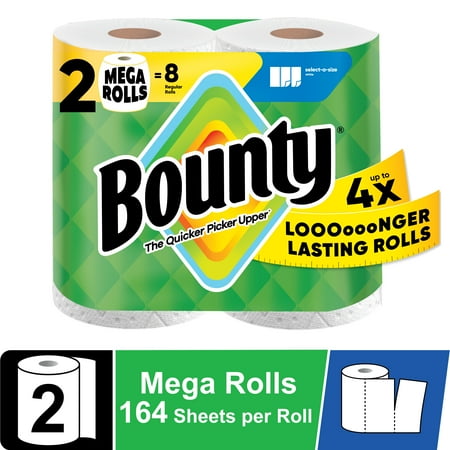This cheap household staple is the key to easily eliminating mold and odors in your fridge with zero effort
It’s a helpful hack, but you need to stay on top of it


Design expertise in your inbox – from inspiring decorating ideas and beautiful celebrity homes to practical gardening advice and shopping round-ups.
You are now subscribed
Your newsletter sign-up was successful
Want to add more newsletters?

Twice a week
Homes&Gardens
The ultimate interior design resource from the world's leading experts - discover inspiring decorating ideas, color scheming know-how, garden inspiration and shopping expertise.

Once a week
In The Loop from Next In Design
Members of the Next in Design Circle will receive In the Loop, our weekly email filled with trade news, names to know and spotlight moments. Together we’re building a brighter design future.

Twice a week
Cucina
Whether you’re passionate about hosting exquisite dinners, experimenting with culinary trends, or perfecting your kitchen's design with timeless elegance and innovative functionality, this newsletter is here to inspire
If your fridge always has that slight ‘mystery leftovers’ odor, you’re not alone. Even with regular cleaning, moisture and odors can build up, leading to faster spoilage. Luckily, there’s a surprisingly simple fix hiding in plain sight.
All you need is a roll of plain paper towels. This humble household staple, used correctly, can help to keep your fridge fresher, drier, and far less prone to mold.
This clever food storage idea to reduce food waste might be the easiest hack you try all year.
How paper towels can prevent fridge mold and odors
The hack is as simple as it sounds: After cleaning a refrigerator, place some paper towels, such as the highly absorbent Bounty paper towels from Walmart, on one of the shelves.
The idea is that the paper towel will absorb the excess moisture lingering in your fridge to prevent condensation, mold growth, and premature food spoilage. It's so simple, yet effective.
That being said, there are a few small fridge cleaning mistakes you need to steer clear of to avoid a potential contamination risk, warns Dr. Bryan Quoc Le, a food scientist and industry consultant, and founder of Mendocino Food Consulting.
He explains, 'While this method can be effective, it must be done correctly to avoid potential contamination, as the towel itself can become a breeding ground for mold if not managed properly.’
Design expertise in your inbox – from inspiring decorating ideas and beautiful celebrity homes to practical gardening advice and shopping round-ups.
While it can be a cheap way to stop mold, the main downside, he suggests, is that a very damp towel that is not replaced regularly can encourage mold growth, rather than prevent it.
He continues, ‘To use this method correctly, it’s important to check the towel daily and replace it as soon as it gets wet. Additionally, patting dry fruits and vegetables before storing them can further minimize excess moisture in the fridge.’
This hack may also become pretty tedious if excess moisture is a result of a fridge leaking water inside, rather than standard condensation formation. If this is the case, it may be worth calling a service professional.

You can also line product drawers with paper towels to reduce moisture and make cleaning easier. Remember to replace them regularly.
Fancy a hack that doesn’t require as frequent maintenance? When organizing a fridge, Dr. Le suggests swapping the paper towels for activated charcoal, available at Amazon, which also helps to get rid of fridge smells, or desiccants like silica gel, from Walmart.
He explains, ‘These options are particularly useful for keeping food fresh for longer periods, especially when food is also stored correctly in sealed containers.’
We like the JoyJolt glass food containers from Wayfair, as they are free from potentially harmful plastics.
What to shop
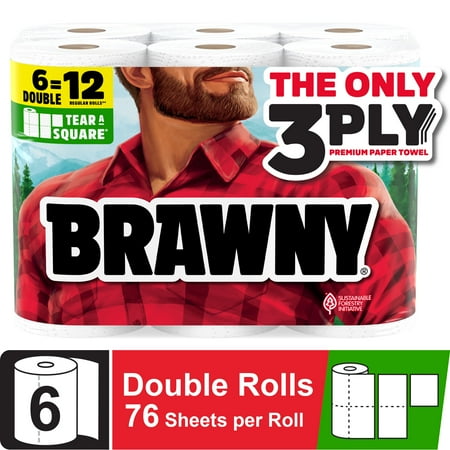
These dependable, strong paper towels are built to tackle the spills, splatters, and full-blown disasters that life throws your way, so you can clean with confidence.
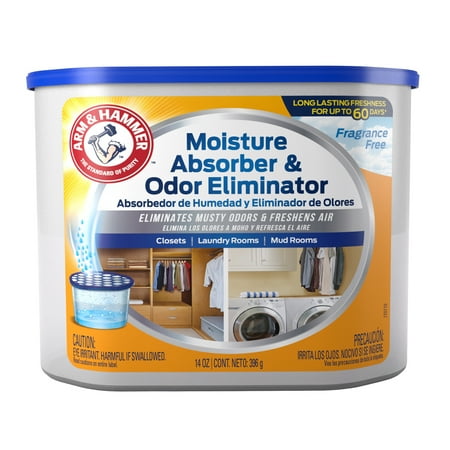
Arm & Hammer Disposable Moisture Absorber and Odor Eliminator attracts and traps excess moisture, eliminating musty odors and can be used anywhere in your home.
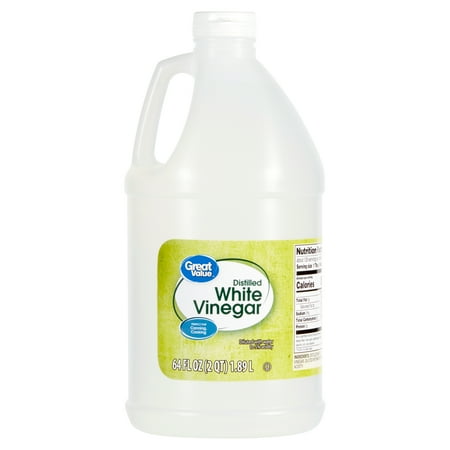
White vinegar is a food safe method for killing mold and eliminating odors, making it ideal for freshening up fridges.
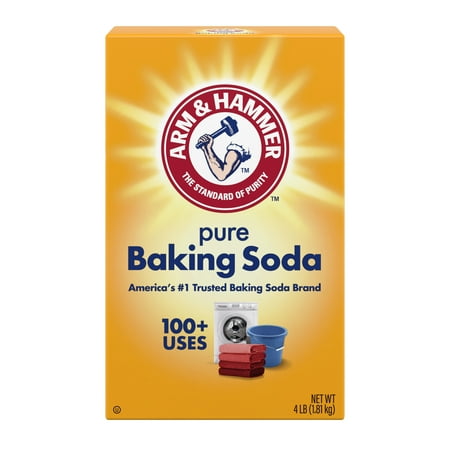
Baking soda is a natural abrasive that helps break down tough odors in enclosed spaces without any harsh chemicals. Simply place in a small container on a fridge shelf and replace weekly.
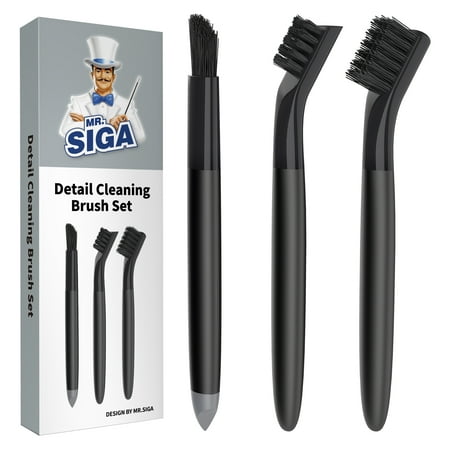
These detail cleaning brushes are perfect for targeting little nooks in your fridge, such as the drainage holes and door seal,s which could harbour mold.
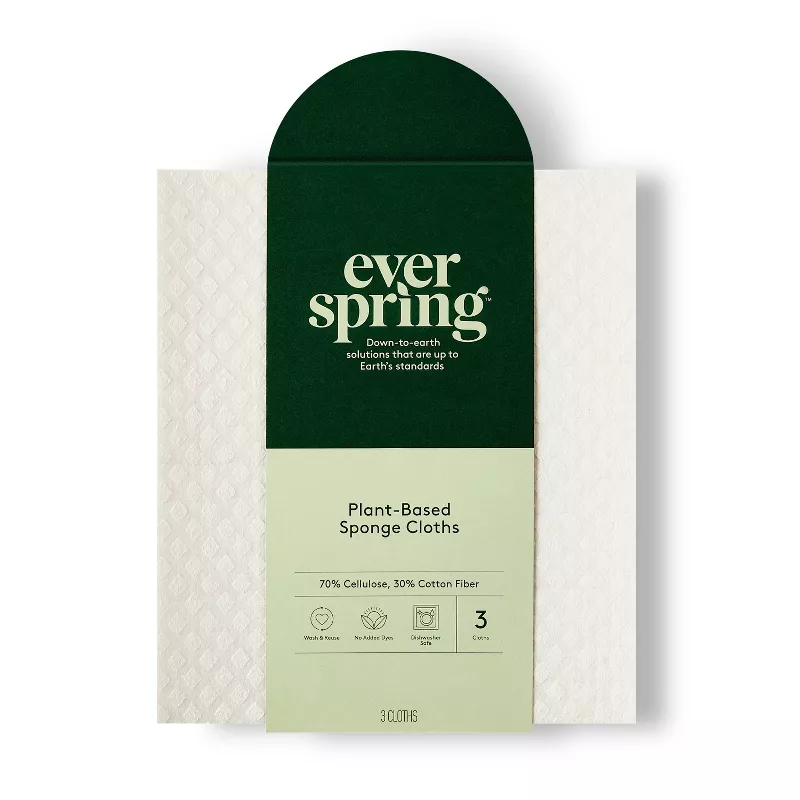
Sponge cloths are plant-based, meaning they are free from plastics and decompose in compost heaps in around 10 months, making them an eco-friendly, hygienic alternative to traditional sponges for cleaning your fridge.
FAQs
What kills mold spores in a fridge?
Cleaning with vinegar is a cheap, food-safe way to kill mold spores in a fridge, reducing the risk of food contamination while also neutralizing odors. To use effectively against mold, spray pure, undiluted white vinegar into the empty fridge and allow it to sit for at least 10 minutes before wiping away with a damp cloth.
Meet the expert

Dr. Bryan Quoc Le is a food scientist, food industry consultant, and author of the book, 150 Food Science Questions Answered (2020, Simon & Schuster). He earned his Ph.D. in Food Science from the University of Wisconsin, Madison.
He founded and currently serves as the Principal Food Consultant for Mendocino Food Consulting, where his consulting work has been recently recognized as the 2024 Food Science Consulting Company of the Year.
Making sure you clean the dirtiest parts of your fridge, such as the drainage hole, and maintaining the door seal can also help to avoid unnecessary condensation that could result in mold.

Chiana is Homes & Gardens’ kitchen appliances editor. With a lifelong passion for cooking and baking, she grew up experimenting in the kitchen every weekend with her baking-extraordinaire Mom, and has developed a great understanding of how tools and appliances can make or break your ideal relaxing kitchen routine.
